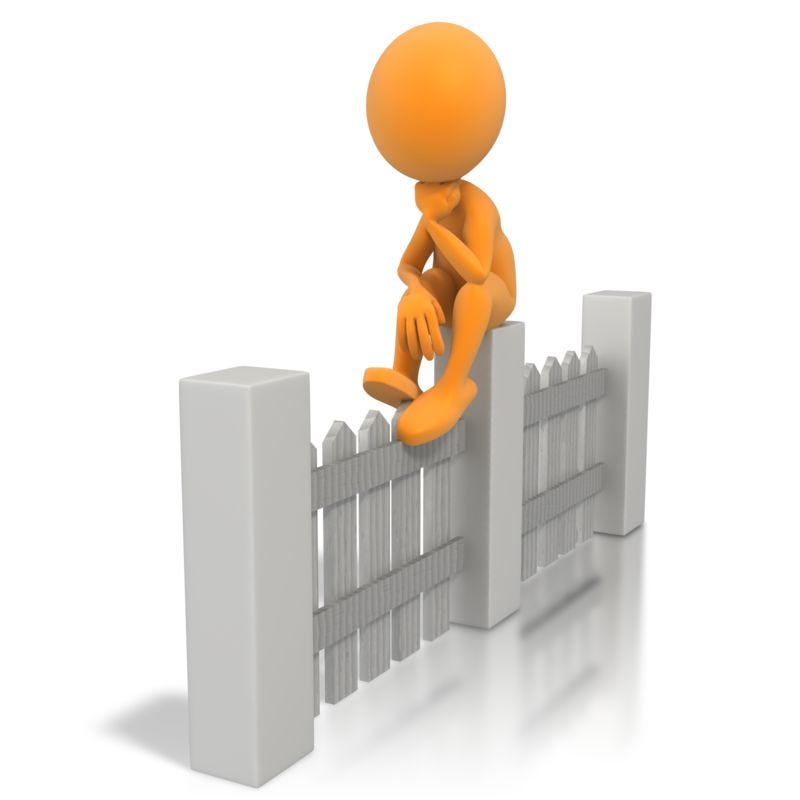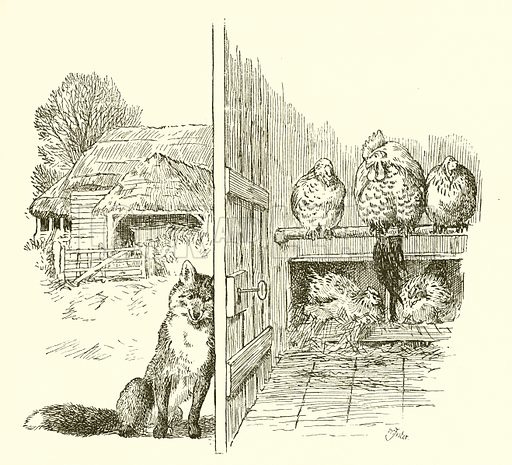Thank you readers for appreciating the post on phrasal verbs. Let me share a few comments:
Tarun Kunzru: “On Sunday mornings, I am ‘misty optically’ after a Saturday night party. But after reading your posts, I become ‘optimistic’ and able. The impact of your posts replaces the ‘hangover’ with ‘makeover’. Thanks, Pras!”
Lakshmi Raman: “Thank you, Prasanna. As always, I enjoyed reading this edition of FC. Also, for the first time, I learnt about the phrasal verbs and discovered a few I use myself. Lean into, throw out, climb up… Yes, Mr. Kemp would turn in his grave at today's atrocious grammar and give a happy nod in your direction.”
Damandeep: “Laughter with learning with Sunday morning cuppa makes the weekend whole! It took me to googling phrasal verbs for sure, but then I am also intrigued to find out how I get drawn into someone’s discussions or sit in meetings I am not supposed to be part of. So in the corporate world, maybe it’s time to check what meetings or discussions we want to be drawn into that value add to our day! Thanks for writing such simple, basic concepts with deep meanings and giving us food for thought!”
Of Fence & Offence
The Bard presented the first instance of sitting on the fence in his famous play Hamlet.
In the so-called ‘nunnery scene’ (Act 3, Scene 1) “To be, or not to be” is the opening line of Hamlet’s mindful soliloquy as he finds himself in an existential crisis, torn between life and death.
The phrase, ‘sitting on the fence’, is now commonplace and represents a state of indecision which can be either transient or entrenched. Opportunity seldom knocks on the doors of those who straddle the fence of indecision. A person in a transient state of indecision requires some sort of persuasion or incentive to make up their mind to be decisive. In some cases, a person can become decisive after weighing the pros and cons. After listening to your reasoning, that person might say, “Ok, I will go by your decision.”
Sitting on the fence symbolises neutrality. If I don’t wish to take sides, I may choose to be a fence-sitter. Those who consistently ‘sit on the fence’ may be perceived as indecisive or lacking in conviction. While neutrality can sometimes be a prudent approach to certain issues, continuously avoiding taking a stand can hinder progress and resolution. It is important to carefully weigh the options and actively participate in decision-making to avoid being seen as someone unable or unwilling to commit. Neutrality is not a safe harbour. It can isolate a person when they shy away from voicing an opinion during a decision-making process. Nobody is happy if the person says “Either way it’s ok for me”.
Under certain circumstances, staying neutral may be a wise move. If two friends are engaged in a war of words, it is best not to take sides when passions run high. It may be better to take a middle path, talk to each of them separately, and explore reconciliation. A middle path, as you all know, is about balancing two extremes. You may help your friends give up their extreme positions and find a middle path or a common ground.
Sitting on a fence is not an offence but ‘fencing’ and being a fence are punishable offences. Fencing is the act of receiving stolen property knowing full well it is stolen and the fence is the guy who commits the act of fencing. It is an offence to store and later sell stolen property. Nevertheless, the underbelly of every city is known to have a network of fences through which stolen goods of all kinds are bought and sold. The fence will not sell goods which are ‘hot’ but sell them after a lapse of time when they are considered ‘cold’ goods.
While at one level fencing is considered a crime, at another level fencing is a means of crime prevention. If one puts a fence around their property, it could help contain the possibility of encroachment, and trespassing.
Why do some people build fences around them? Why do they make themselves unapproachable? I am by nature an extrovert and can easily start a conversation with a stranger. When I used to fly in business class, the body language of the guy next to me tells me if he is approachable or not. If he hides his face behind the newspaper or is frowning at something, I would know that he is not easily approachable. I have tried to chat the person up but have failed in most cases. I once introduced myself to the guy next to me, and he looked at me and said, “So?”. I am sure readers may have had similar experiences to share.
Do introverts fence themselves and do extroverts trample over that fence and invade their privacy? These two categories of people are often judged by their appearance and attitude. They are classified as socially active or socially awkward. While an extrovert can greet a total stranger as if he has known him or her for years, the introvert will not do that. He would do it with circumspection, not because he does not want to. An extrovert may like to be the centre of attention, while an introvert is self-effacing. An extrovert ordinarily has the gift of the gab (gab came from gob which in Irish means mouth) meaning he can get into a conversation easily and hold forth on matters. An extrovert may get snubbed by an introvert, who is by nature reluctant to be drawn into a conversation. That may not be the case if an introvert approaches an extrovert.
Some people tell you “Thus far, no further”. They draw a line which you shall not cross.
Boundaries. A person working for a company is asked to ‘manage’ an officer who is holding up a licence. It matters little if the person is an introvert or extrovert if he considers managing unethical and draws the line which ring-fences him from the potential risk of being charged with the offence of bribery.
Fence can be equated to trusteeship. If an employer entrusts an employee with the collection of money, he does so assuring himself that there will be no breach of trust. But if the employee dips into the till and misappropriates money, it would be a case of fence eating the crop. In this context, an analogy can be drawn between a fence-eating-the-crop and a cookie jar. If the employee is caught with his hand in the cookie jar, it means he is stealing money, which is an offence. ‘Fence eating the crop’ has interesting equivalents, like the Finnish ‘Goat guarding the cabbage patch’ and the Spanish ‘Fox guarding the hen house’.
Ring-fencing is a legitimate means of putting together a structure that protects certain assets. The term ‘ring-fencing’ is borrowed from agriculture. A ring-fence is built to help keep farm animals in and to keep predators out. This concept has been borrowed and translated into the financial sector. In certain cases, ring-fencing can be an offence if creditors make certain assets inaccessible. For instance, if a borrower, fearing coercive steps to attach his assets by a creditor, files for insolvency, but not before surreptitiously transferring his assets to his wife or any other institution, his ring-fencing becomes untenable.
I found this anonymous quote quite poignant:
Fences, in all their forms, serve as mirrors reflecting society’s values, fears, and aspirations. Whether physical or metaphorical, they shape our perceptions and influence our actions.
Now to end this post in a lighter vein:
Q: How do fences trade insults?
A: Through barbed wire.
Dear Readers, don’t fence-in your thoughts about this post. Please do share them.
Until next week, please take good care of yourself. Ciao.







You just couldn't have timed it better, Sir ji. With the election results around the corner and some psephologists predicting a hung house, we may find the fence sitters (and Palturams) laughing all their way to the bank in the days to come....
Brilliant as usual another cuppa that invigorates us for a week . Enjoy it week after week looking forward to the next cups being served . I personally have not been a fence- sitter any time in my life and whether the other person likes it or not have been candid about my views many a time calling a spade a spade and people used to think I was very gutsy and didn’t so much care about the repercussions as my favourite dialogue to such fence - sitters was : I’m neither going to stand for elections nor opening a fan club hence don’t care too much about what the other person things of me but I should let people know what exactly I think of either behaviour/ attitude of X, Y or Z or the decision taken whenever it affects others who would be genuinely hurt or would be negatively impacted but wouldn’t have the courage to voice it themselves . I feel fence- sitters though are liked by most people for their diplomacy and tact finally loose out an opportunity to correct the system when things have gone awry by this mentality . It may win them friends temporarily but in the long run does no good to society nor in the community their living .